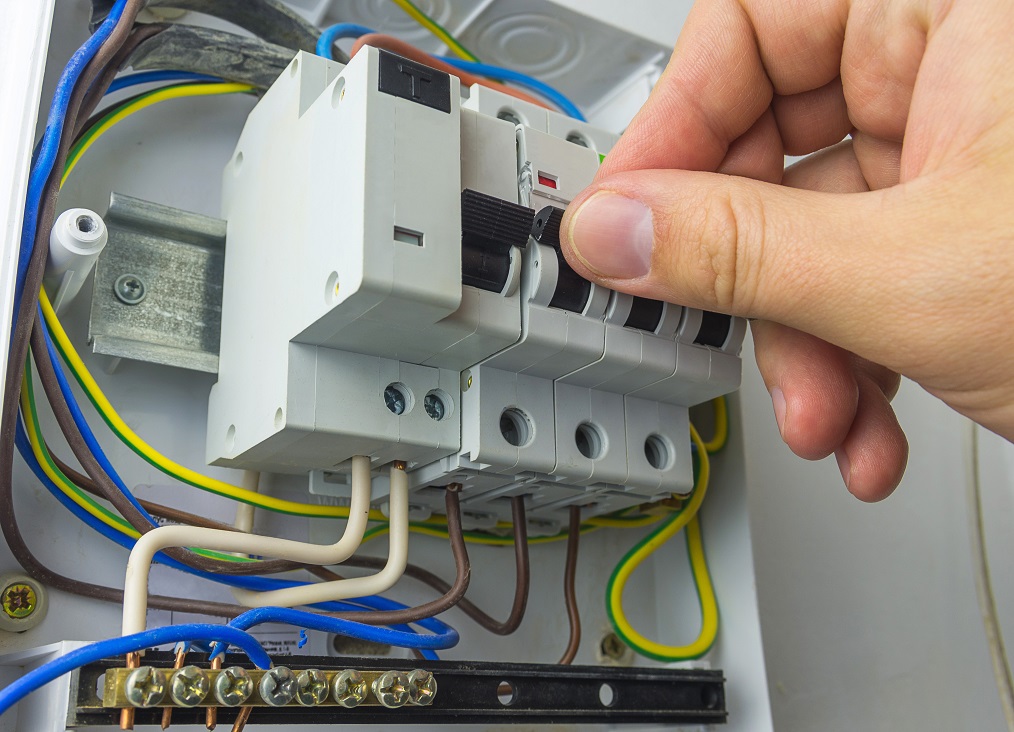
Electricians
Search

Electricians
Search

Regulations concerning electrical work are not always the easiest to follow or understand.
If you have some electrical work that needs to be done in your home, it might be tempting to try and carry it out yourself. Before doing so, you should consider the following...
In effect since 2005, Part P of the Building Regulations states the types of regulations that all electrical work must comply with. For further information and to find out what Part P is all about, click here.
In this blog, we will look at when it is – and the reasons why it might not be - safe to carry out your own electrical work at home.
If you’re into DIY and enjoy making home improvements yourself, you might want to carry out your own electrical work. Some smaller jobs, such as fitting light switches, light fittings and wall sockets can be undertaken by the homeowner, but to comply with BS7671 wiring regulations, just make sure you notify and register with Part P building control. This also includes certification and proof that a ‘competent person’ has undertaken the work.
Even if a ‘competent person’ has conducted the work, things can go wrong. You could electrocute yourself if the power is not properly isolated or encounter earthing problems later that may present a hazard for other members of your family.
Communal buildings, in particular (such as apartments where others could be at risk) will require all electrical work to be performed by a professional.
Electrical Safety First advises that you seek the advice of an electrician before carrying out any work, to ensure you stay safe. To save yourself the hassle (and potentially more financial outlay, too) we’d always recommend hiring an electrician to conduct any electrical work.
In many instances, electrical work that the average homeowner deems an easy task might prove problematic and cost more in repairs if it all goes wrong.
Any task that includes installing complete new circuits, changing fuse boards or if the work needs to be undertaken in a ‘special location’ (such as a bathroom, kitchen or near any pipes) is considered by law 'notifiable work’, which means an electrician needs to be called out to do it.
If someone is electrocuted in your home, or a fire starts due to electrical work that was required by law to be undertaken by a professional but was not, you could be liable to prosecution.
It’s always important to remember the dangers of electricity. As the saying goes, “electricity can kill” – surely there’s no greater warning.
For those jobs that do require an electrician, always ensure you contact a qualified professional to stay on the safe side of the law, and to keep yourself and others safe from electrical hazards.
To find an electrician in your local area, visit https://www.look4electricians.co.uk/. We specialise in matching you with an approved, and closely monitored engineer.